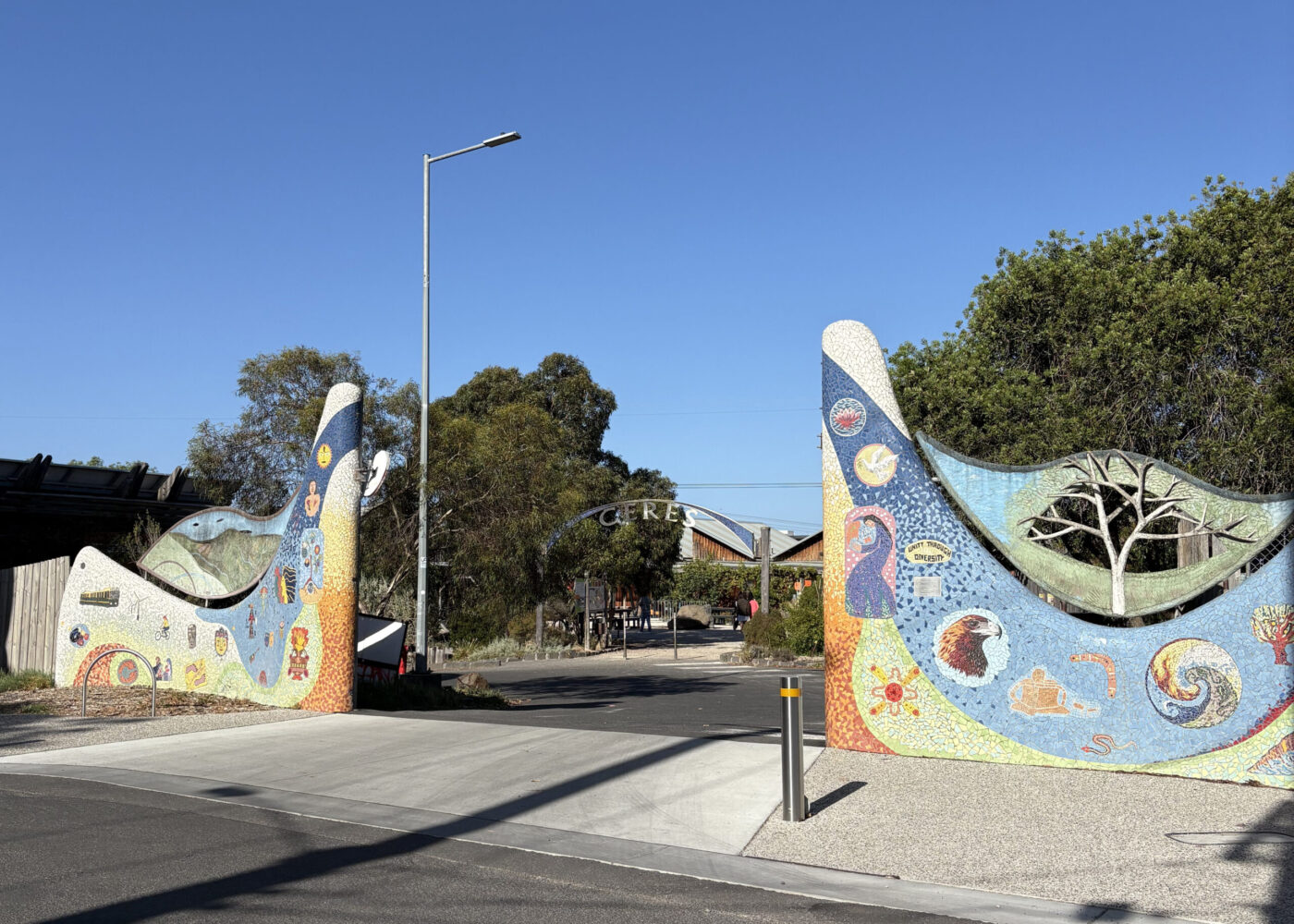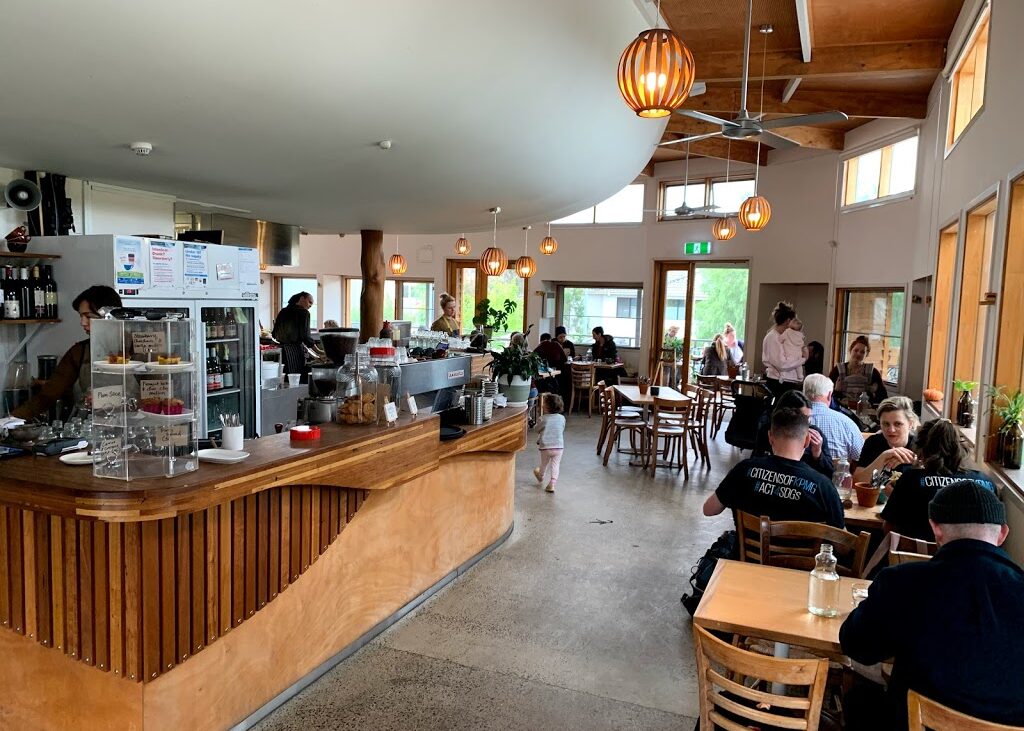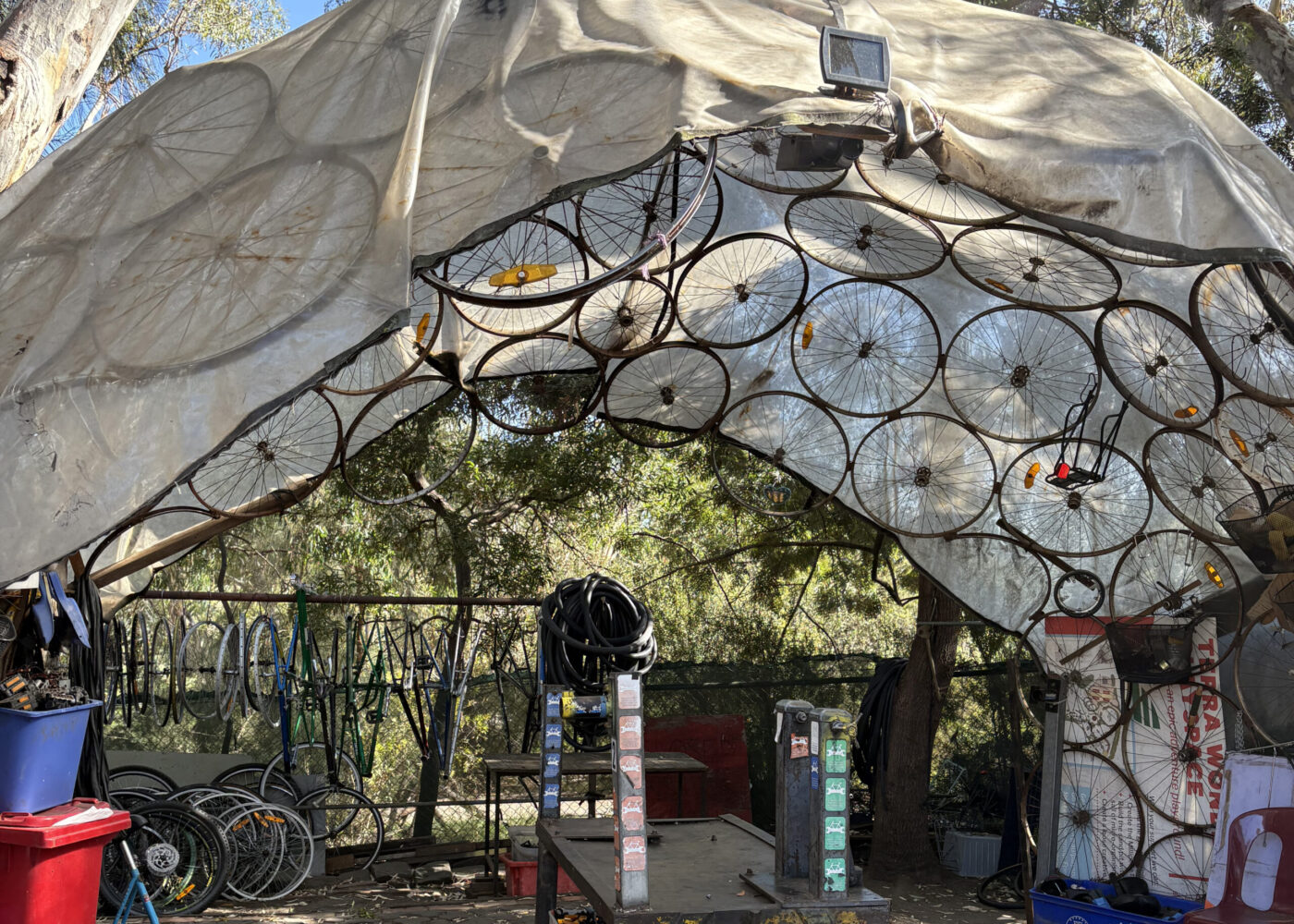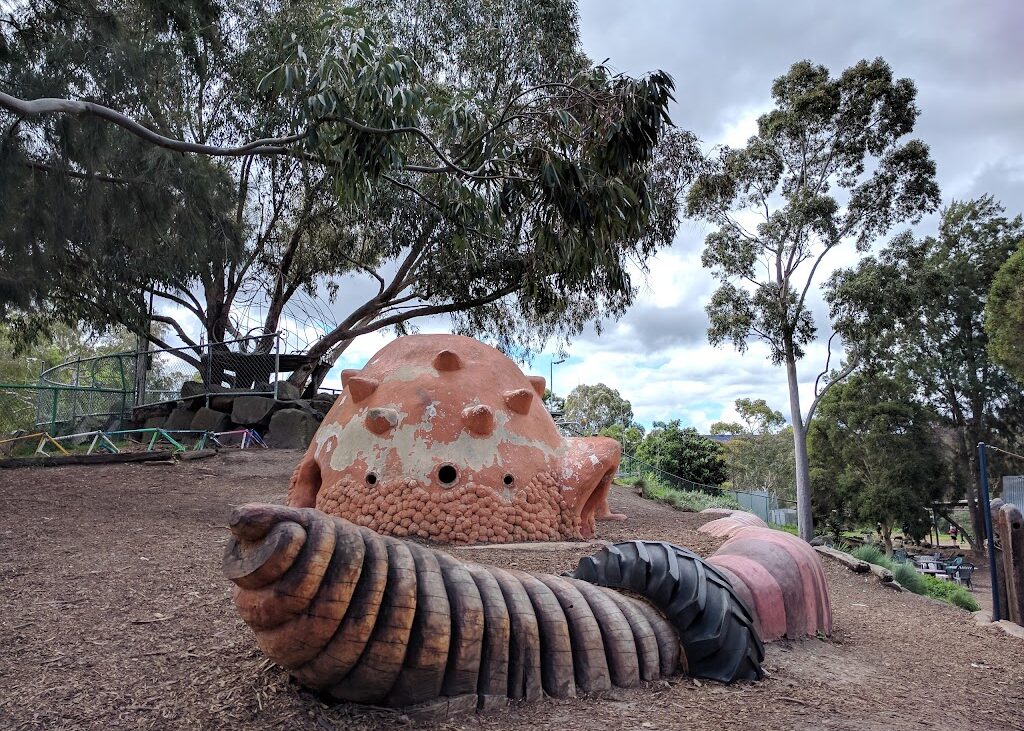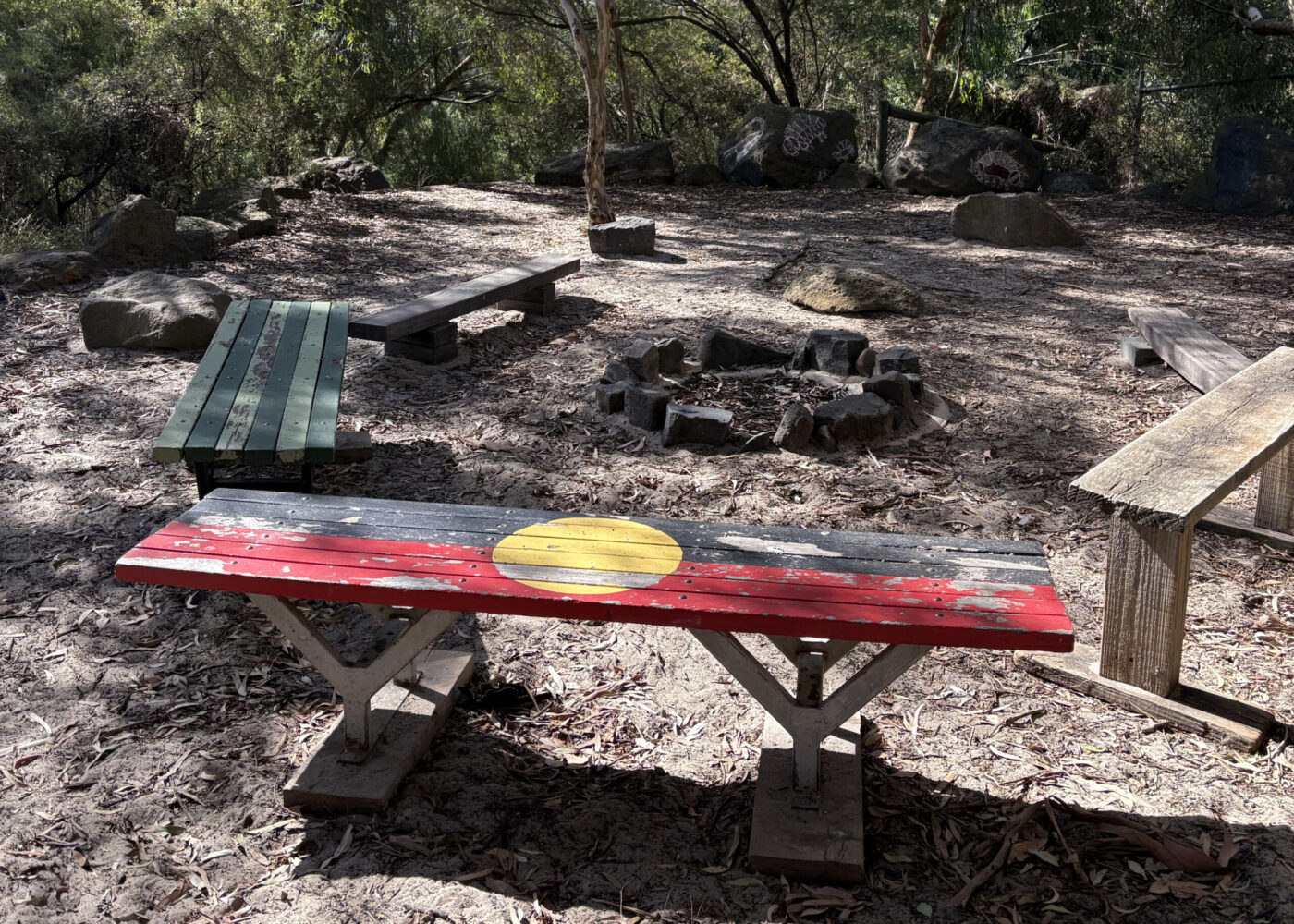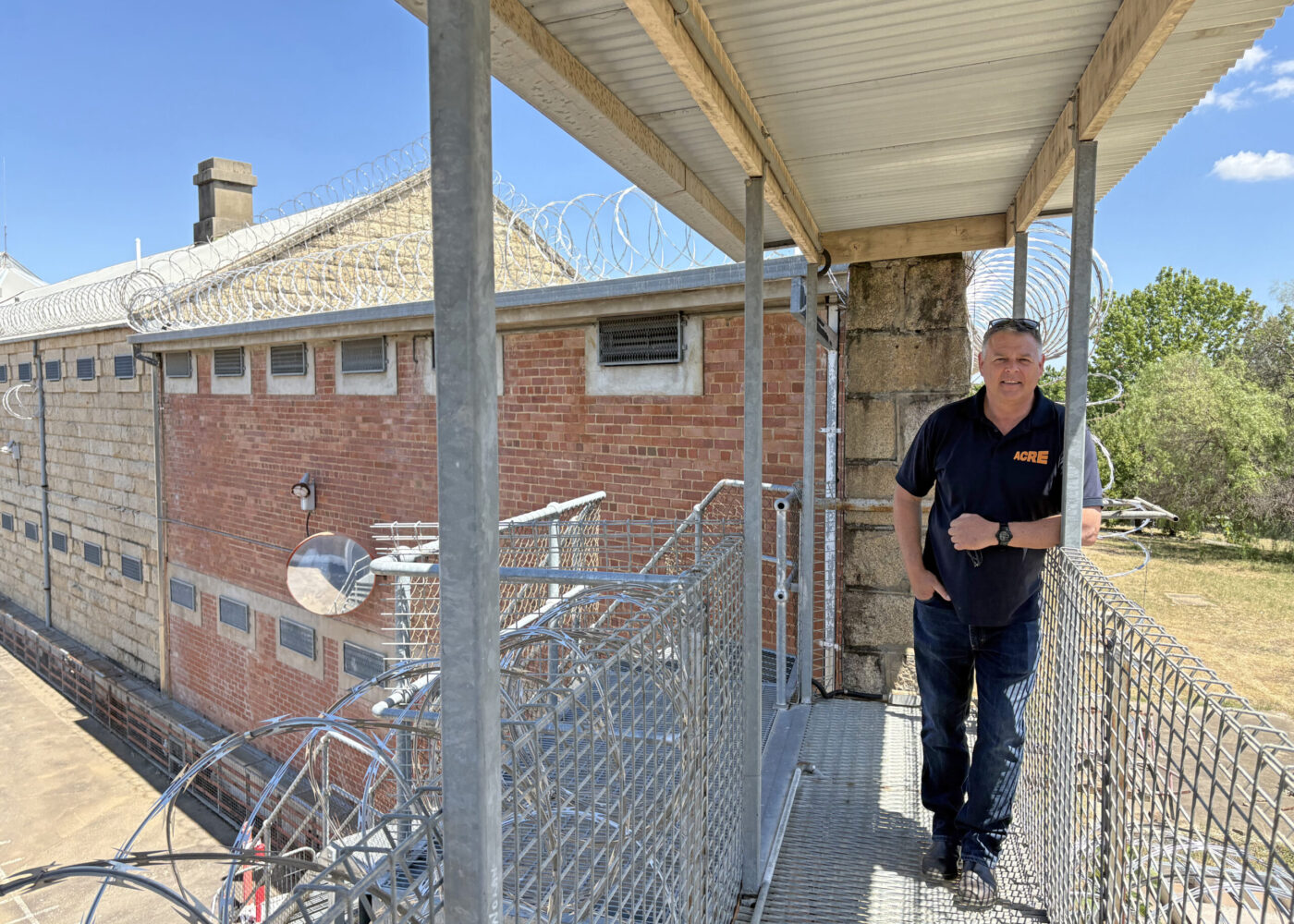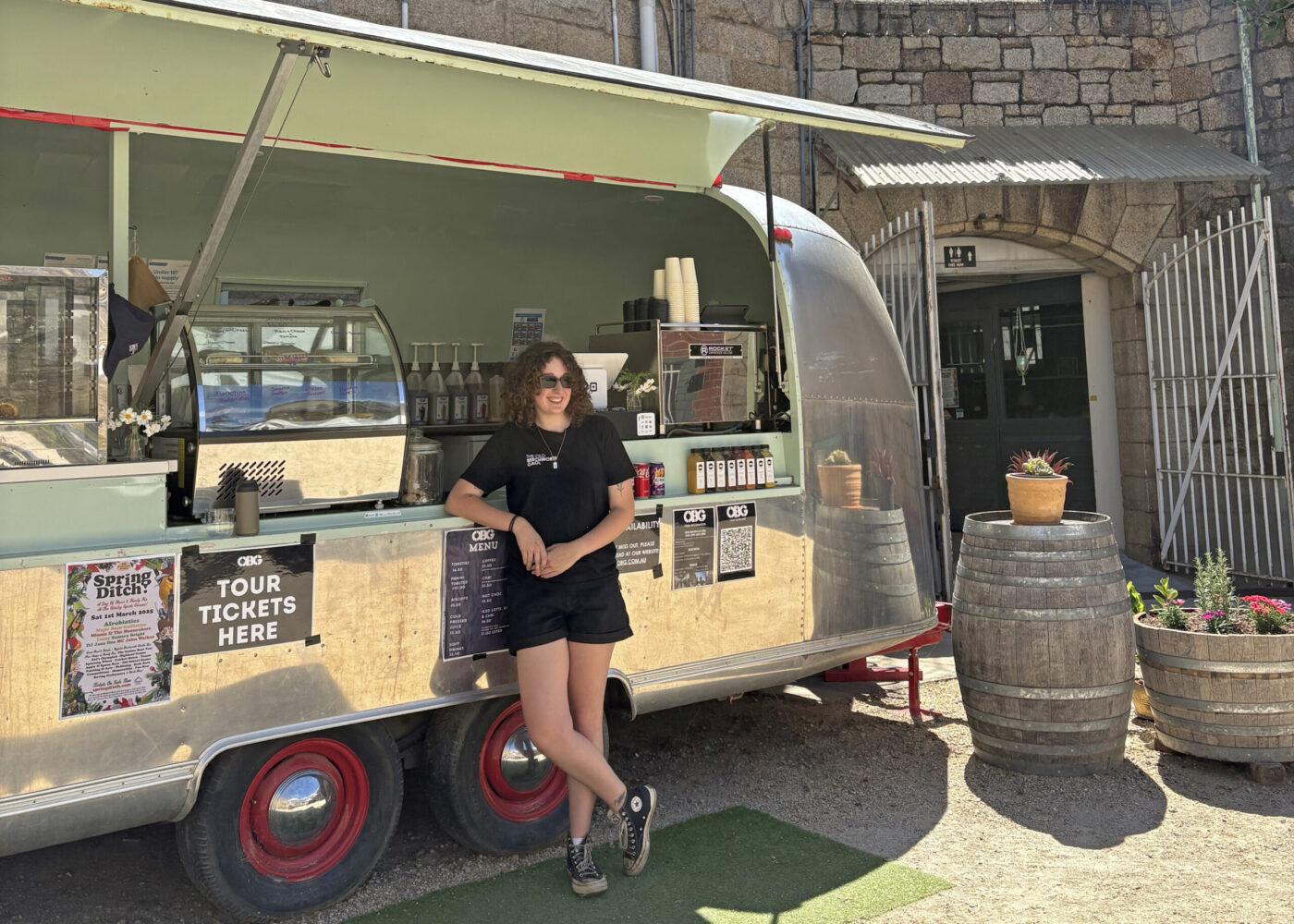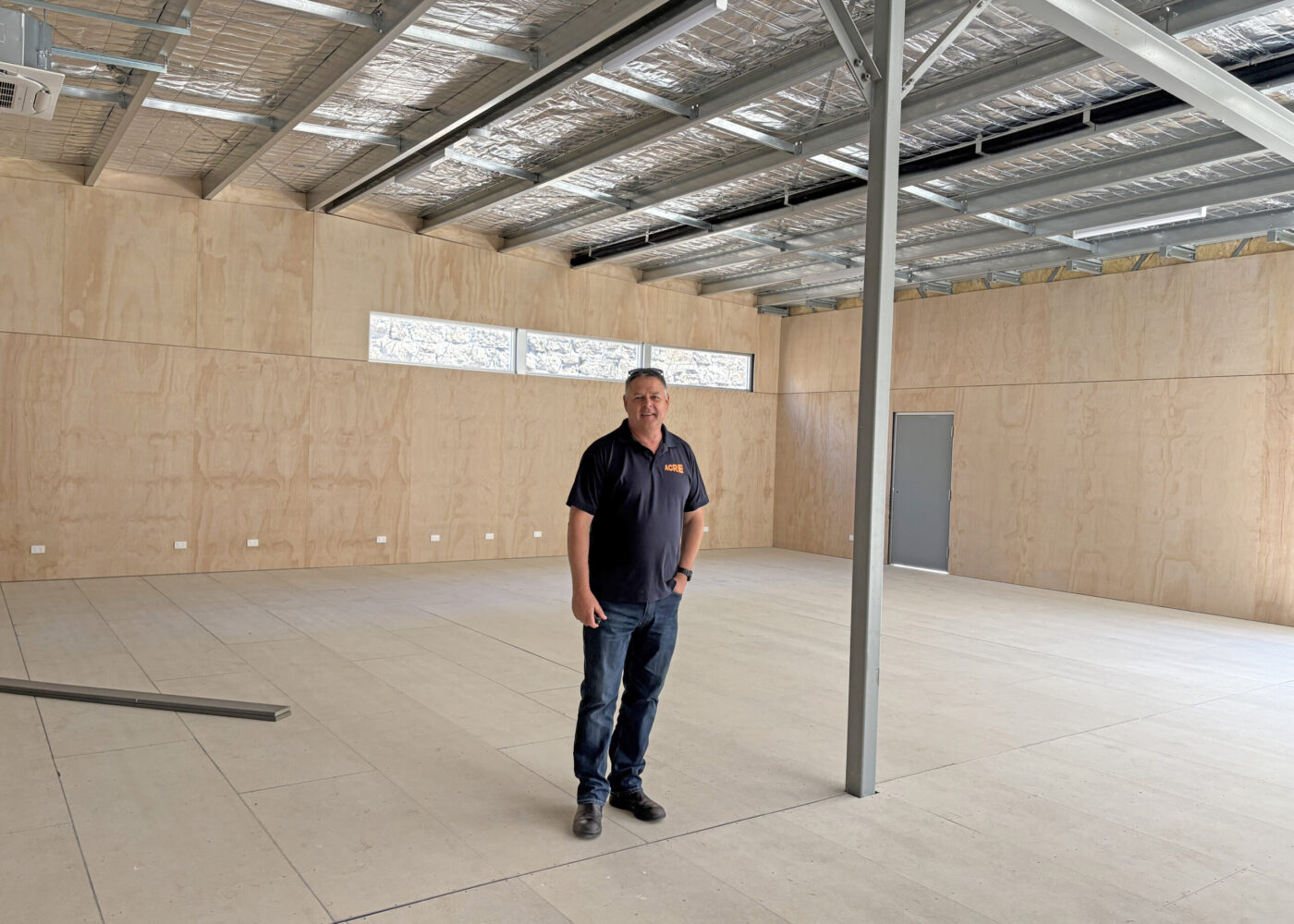Success sometimes starts with failure
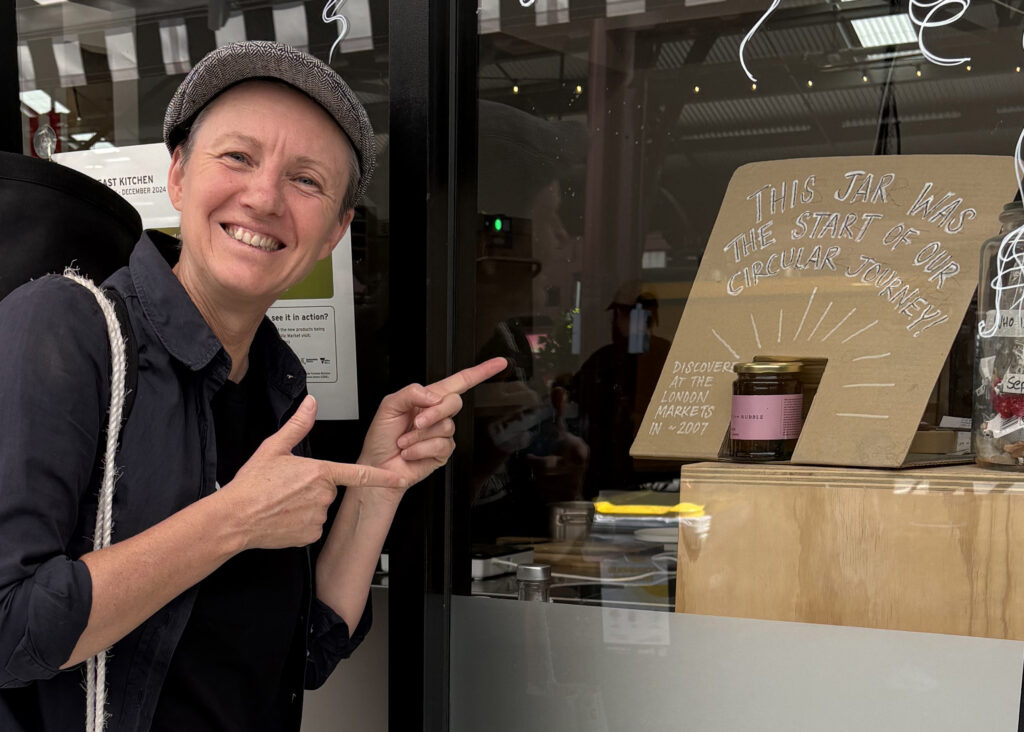
It’s hardly unusual for business ventures to fail. Anyone who has started a business knows how hard it can be to make it through the first year. In fact, in any year in Australia this millennium, failure is the most likely outcome for any start-up.
Climate breakdown, the Covid pandemic, global supply chain disruptions and the alarming cost-of-living crisis make it all the more remarkable that anyone founds an enterprise in the 21st Century.
It seems fitting then that we celebrate the wild and daring people who start ventures to disrupt business-as-usual. These social entrepreneurs are driven to change the systems that diminish the greater good and reward exploitation and resultant ‘externalities‘ like species extinction and extreme poverty.
Social entrepreneurs start with humankind's epic failures. They offer ways to regenerate our relationships with the natural world and with one another.
Doing things differently isn’t easy. Succeeding in social enterprise can be extraordinarily demanding, with burnout often too close for comfort.
From industrial, to digital, to social revolution
I’ve long been passionate about social enterprise and have so much admiration for those who are trading their way out of the mess arising from the industrial and digital revolutions.
Last year almost felt like a century, so it was time for some serious inspiration before 2025 grew into itself. That’s why I booked a short ‘impact tour’ of Victoria, one of Australia’s social enterprise hotspots. I wanted to spend some quality time with some of its truly change-making people and places.
CERES – from wasteland to paradise
CERES is the abbreviation for The Centre for Education and Research in Environmental Strategies, though many might identify it more closely with Ceres, the Roman goddess of agriculture.
This social enterprise centre started as a ‘work for the dole’ program site (focused on compost and growing veggies) that now provides rewarding careers and work for hundreds of people. This urban farm and impact business hub is justly lauded for decades of success that literally has its foundations in failure: it’s built on top of a landfill dump.
Regenerating the Brunswick of generations past
Since the first trees were planted in the early 1980s, this urban oasis’s once-polluted creek is home to kingfishers and wends its way through rich soils and a community of people getting their hands dirty.
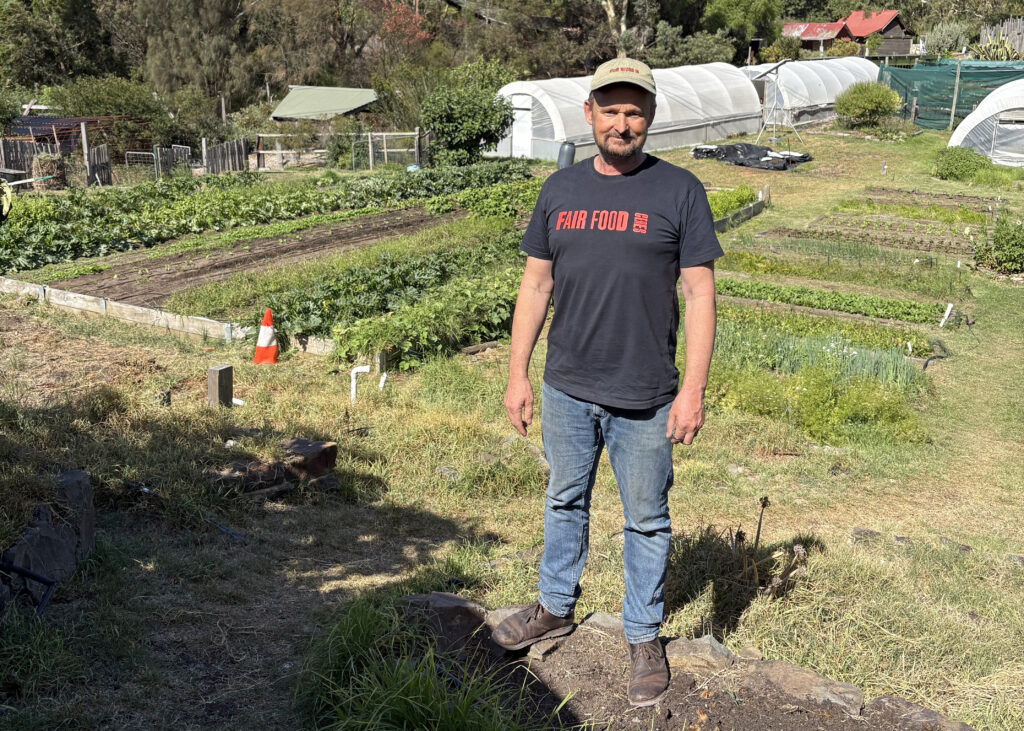
People travel from all over the world to learn from this determined collective of people. I was fortunate to be shown around this magical campus by senior faculty member, Chris Ennis, the Director of Business Innovation and founder of Fair Food and Fair Wood.
On a warm and uncharacteristically sunny Melbourne afternoon, Chris hopped off his bike, grabbed a set of keys and led me through the site. Nurseries, garden plots, play zones, retail spaces (books, plants, coffee!), repair and repurposing workshops and a great many education and event venues sprawl over this preposterously fecund permaculture park.
Seeing the timber for the trees
One of Chris’s latest passions is an extension to the Fair Wood social enterprise that’s converting timber salvage into retail furniture and garden kits. Their new line of work? Thanks to recent street tree regulations, a sawmill expansion is needed to process thousands of tonnes of fallen trees and branches that months ago would have been chipped!
Fair Wood saw another way to shift what was once a failure to a successful business model that generates income from waste collection, creates great products and partnerships, and carves pathways into work for refugees and other people needing decent work and decent pay.
STREAT – from developing markets, to market developments
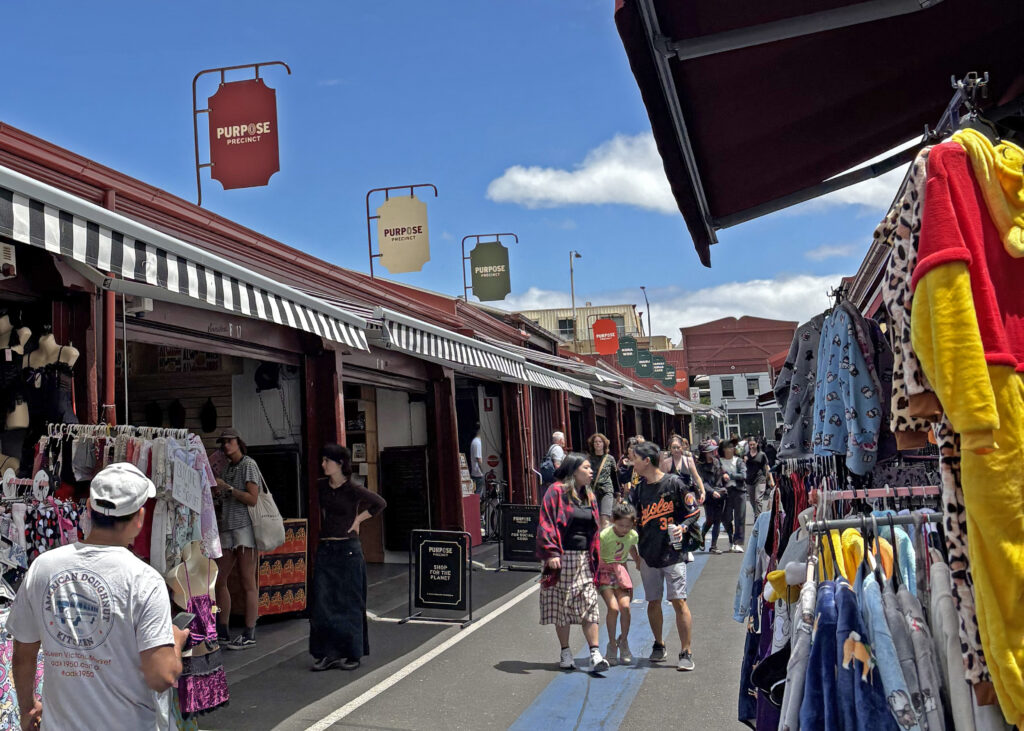
Bec Scott and Kate Barrelle founded STREAT in 2010. They began with a food cart in Federation Square helmed by a group of young people just starting out in hospitality. These pioneering social entrepreneurs saw that a future beyond youth homelessness could present a business opportunity. It has paid off in so many ways – and with so many businesses!
Marketing purpose for all
More than a decade on, it was a joy to catch up with Bec at the Purpose Precinct, a row of social businesses ranging from First Nations fashion to food at Queen Victoria Market. I wanted to talk to this creative, can-do human about the latest (r)evolutionary leap in an impact portfolio that is rewriting the story of struggle.
We talked about so many things, including a love of maps, delighting in the details and storytelling as alchemy. But as I sipped a long black, I wondered if what we were enjoying at one of the venues at the Purpose Precinct was well beyond what she could have dreamed in 2010?
Moving Feast’s approach to change is place-based, community-centred, and highly ambitious. Relationships are core to everything.
Turns out, Bec found a jar of chutney at markets in London in 2007 and decided then and there that she wanted to found a social enterprise back home in Australia. She kept that jar well beyond its use-by date and it’s now a proud window display in the Moving Feast Kitchen!
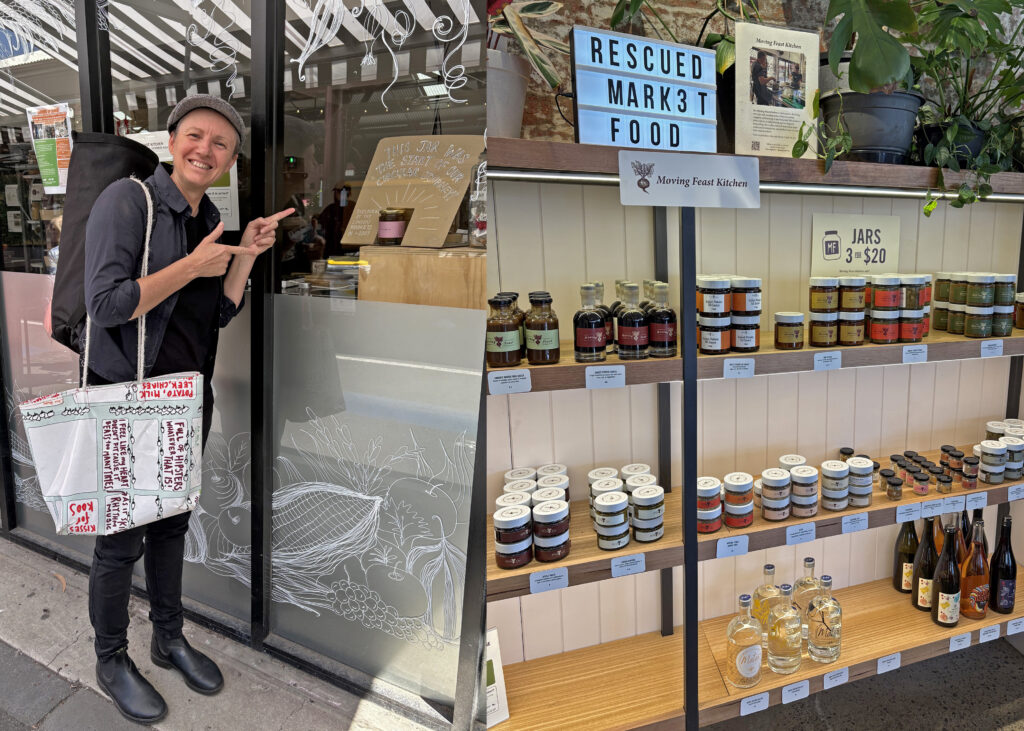
But let’s go back a step. STREAT is one thing, what’s Moving Feast? Like it says on the jar (well, website), it’s a ‘network collaborating for a connected, fair and regenerative Victorian food system’. Moving Feast grew out of a collective response to the Covid 19 pandemic, its impact on social enterprises in food production and hospitality and the real threat of food insecurity for many communities across the state.
Moving Feast lives up to its name
From food baskets delivered to households in 2020, Moving Feast now runs a range of social enterprise projects alongside Moving Feast Kitchen, producing tasty condiments from ‘overripe and unsold’ market foods through to unique products, like bread waste pasta! I love Moving Feast’s circular approach to things that would otherwise have been thrown away. It harks back a generation to the Cradle-to-Cradle philosophy: waste = food.
Moving Feast and STREAT are networked social enterprises with a ‘hub and spoke’ model that is designed to not only counter system failures like homelessness or food waste, but to invite us all into places that provide richer, more satisfying human experiences.
ACRE – local action with global significance
Australia’s social enterprise communities have formalised leadership in ways that vary significantly across the states and territories. SENVIC, the Victorian social enterprise peak, was established back in 2018 by pioneers like Bec from STREAT, Cinnamon Evans from CERES and another extraordinary social entrepreneur, Matt Pfahlert, founder and CEO of ACRE: the Australian Centre for Rural Entrepreneurship.
Social enterprise as an education pathway
Matt started with social enterprise learning from the early 1990s, realising very quickly that this was more than an effective alternative for education-as-usual, but a viable youth pathway to getting started in business – a real alternative to ‘getting a job’.
Thirty years later, this enterprise learning philosophy underpins a partnership with Social Enterprise Academy Scotland. As of 2024, the Social Enterprise Schools program has engaged more than 32,000 students across Australia!
Matt is so passionate about regions leading change on their own terms and I was keen to see what this looked like in his home town. That’s why my social enterprise inspiration tour continued to Beechworth, half a day north-east of Melbourne by train and bus.
As with CERES and the Purpose Precinct, ACRE’s style of leadership is place-based. Following years of neglectful ownership by property speculators, ACRE led the community buyback of the Old Beechworth Gaol back in 2016. It wasn’t easy.
Prison reform done differently
Remarkably, only a few years later this former prison is now an enterprise hub, hosting tour operators, bike hire and even a cafe that, like all these small businesses, creates local jobs. One of these jobs belongs to Eva, who worked her way up to a rewarding management role in a place that she loves; something often hard for a young person to find in a country town.
Local forays into tourism are expanding with the development of a visitor centre and other plans that expand beyond the walls of Old Beechworth Gaol.
ACRE has shown that entrepreneurship drives social change in regional Australia, with community asset ownership being one of the keys to galvanising action.
In 2022, Matt brought the world to his hometown, with the Social Enterprise World Forum’s first rural gathering in Beechworth. He and the ACRE team followed this up in 2024 with the launch of the Rural Social Enterprise Manifesto, highlighting 11 ways to rejuvenate regional communities all over the world.
As Matt took me on a tour of the gaol, with entertaining tales of the Kelly gang and prison life up to the last prison days of the 1980s, he kept returning to the theme of disadvantage – often a step on the way to incarceration.
Matt told me that four in every five people living in poverty are in regional and remote communities. This is a staggering statistic and shows how easily urbanised nations like Australia – and city-based people like me – can overlook inequity or, as Matt would put it, opportunities to rejuvenate communities, one town at a time.
Success may start with failure. But it hardly ends there…
My quest to deepen connections with these inspiring social enterprise leaders started as a way to learn more about how these extraordinary people do what they do.
To be honest, I still don’t know how they manage to do it, though that isn’t the point. It is clear that their determination to tackle our failures as a society is why what they do is so successful. Impact that continues to grow is a welcome by-product of this network of enterprises that transform communities.
That’s the kind of change I want to see in this world. I can hardly wait to add new people and places to my future itinerary.
